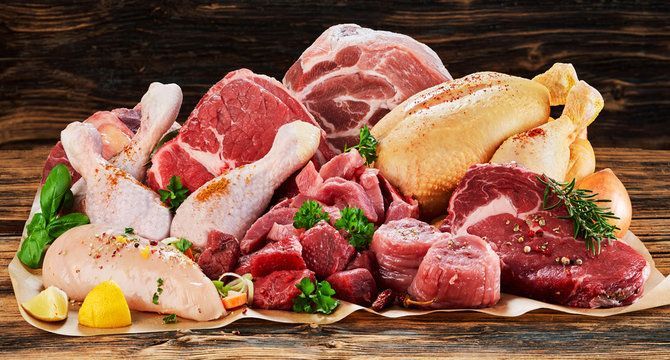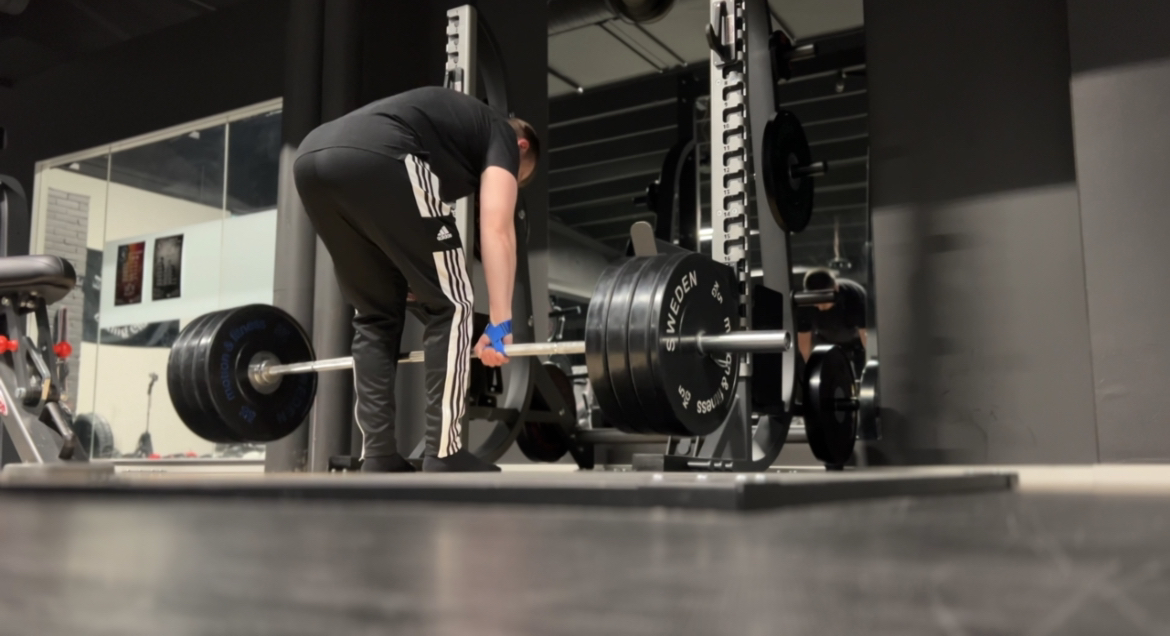The best micronutrients to build muscle
The most essential micronutrients for gym goers
When it comes to muscle growth, macronutrients like protein, carbohydrates, and fats often take center stage. However, micronutrients—vitamins and minerals—play an equally critical role in optimizing muscle development, recovery, and overall performance. Here are the top micronutrients you need to maximize muscle growth and ensure your body functions at its best.
1. Vitamin D
Role in Muscle Growth:
- Vitamin D is essential for calcium absorption, which is crucial for muscle contraction and bone health.
- It supports the immune system and reduces inflammation, which can enhance recovery and performance.
Sources:
- Sun exposure
- Fatty fish (salmon, mackerel)
- Fortified foods (milk, orange juice)
- Supplements
2. Magnesium
Role in Muscle Growth:
- Magnesium is involved in over 300 biochemical reactions in the body, including protein synthesis and muscle function.
- It helps regulate muscle contractions and supports energy production.
Sources:
- Green leafy vegetables (spinach, kale)
- Nuts and seeds (almonds, pumpkin seeds)
- Whole grains
- Legumes
3. Zinc
Role in Muscle Growth:
- Zinc plays a crucial role in protein synthesis, hormone production (including testosterone), and immune function.
- It aids in muscle repair and growth.
Sources:
- Meat (beef, pork)
- Shellfish (oysters, crab)
- Legumes (chickpeas, lentils)
- Seeds (hemp seeds, sesame seeds)
4. Iron
Role in Muscle Growth:
- Iron is essential for the production of hemoglobin, which transports oxygen to the muscles.
- Adequate iron levels ensure optimal energy levels and prevent fatigue, supporting better workout performance.
Sources:
- Red meat
- Poultry
- Seafood
- Plant-based sources (lentils, spinach) combined with vitamin C to enhance absorption
5. Calcium
Role in Muscle Growth:
- Calcium is vital for muscle contraction and nerve signaling.
- It supports bone health, which is essential for maintaining the skeletal structure needed to support increased muscle mass.
Sources:
- Dairy products (milk, cheese, yogurt)
- Leafy greens (kale, broccoli)
- Fortified plant-based milk (almond, soy)
6. Vitamin C
Role in Muscle Growth:
- Vitamin C is important for collagen synthesis, which supports muscle tissue and skin health.
- It acts as an antioxidant, reducing oxidative stress and aiding in muscle recovery.
Sources:
- Citrus fruits (oranges, grapefruits)
- Berries (strawberries, blueberries)
- Bell peppers
- Kiwi
7. Vitamin B Complex
Role in Muscle Growth:
- The B vitamins (B1, B2, B3, B6, B12, folate, and biotin) are essential for energy production, red blood cell formation, and protein metabolism.
- They help convert dietary nutrients into usable energy and support muscle repair.
Sources:
- Whole grains (brown rice, oats)
- Meat and poultry
- Eggs
- Legumes (beans, lentils)
- Leafy greens (spinach, kale)
8. Omega-3 Fatty Acids
Role in Muscle Growth:
- Omega-3s have anti-inflammatory properties that can reduce muscle soreness and enhance recovery.
- They support cell membrane health and improve insulin sensitivity, which can aid muscle growth.
Sources:
- Fatty fish (salmon, mackerel, sardines)
- Flaxseeds and chia seeds
- Walnuts
- Algal oil supplements (for plant-based sources)
9. Potassium
Role in Muscle Growth:
- Potassium helps regulate fluid balance, muscle contractions, and nerve signals.
- Adequate potassium levels prevent muscle cramps and enhance overall muscle function.
Sources:
- Bananas
- Potatoes
- Avocados
- Leafy greens (spinach, Swiss chard)
10. Selenium
Role in Muscle Growth:
- Selenium is an antioxidant that protects cells from damage.
- It supports the immune system and may play a role in muscle metabolism and function.
Sources:
- Brazil nuts
- Seafood (tuna, sardines)
- Whole grains
- Eggs
Conclusion
While macronutrients are the building blocks of muscle growth, micronutrients are the unsung heroes that support and enhance this process. Vitamins and minerals like vitamin D, magnesium, zinc, iron, and calcium play crucial roles in muscle contraction, energy production, protein synthesis, and recovery. To maximize muscle growth, ensure your diet includes a variety of nutrient-dense foods rich in these essential micronutrients. If necessary, consider supplements to fill any gaps and support your overall fitness goals.











